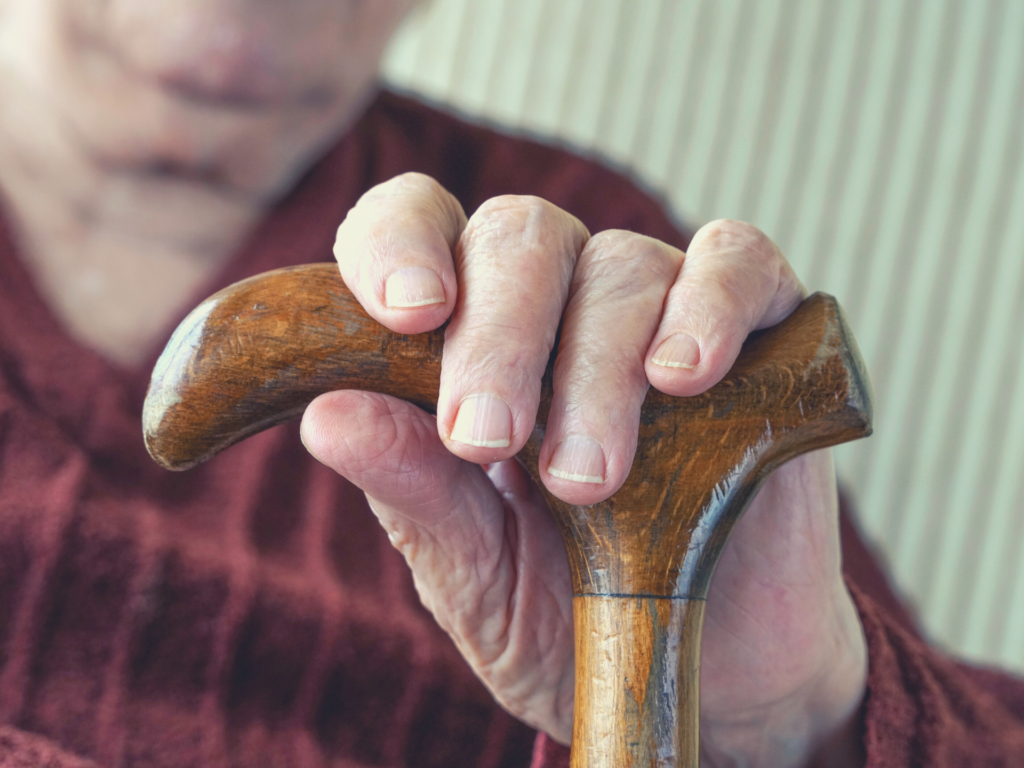For many of us, as we get older, the fear of falling becomes a very real concern. Every year, millions of seniors suffer falls making it the most prevalent cause of injury in adults over the age of 65. To make things worse, most seniors will not tell their doctors about their falls, which poses a concern because once a senior has had one fall, their risk of having another fall doubles.
What are the risk factors for falling?
- Weakness in the lower body.
- Vitamin D deficiency.
- Problems with balance or mobility.
- Certain medications, including sedatives and antidepressants.
- Vision problems.
- Improper footwear.
- Not getting enough sleep.
- Home hazards.
How can falls be prevented?
When a senior has a fall, it can lead to serious injury – and unfortunately, for many people, the injuries are serious enough to affect their ability to live on their own afterwards. The good news, though, is there are things you can do to reduce the risk of falls.
Start by making sure that your senior loved one’s home is as free from hazards as possible.
- Remove things that can cause someone to trip and make sure any small rugs are securely in place by using a non-slip backing.
- Install grab bars in the bathroom in the shower and next to the toilet.
- Ensure there is sufficient lighting throughout the home.
- Make sure your loved one wears comfortable footwear with proper support.
- Talk to your doctor.
If your loved one is starting to feel a little unsteady on their feet, encourage them to speak to their doctor. They can have their risk of falling evaluated and any prescription drugs reviewed.
- Do strength and balance exercises.
If your loved one’s strength or balance is compromised, they may be able to improve it with certain exercises. Talk to your loved one’s health care provider about what exercises are most appropriate for them.
- Get your eyes checked.
Sometimes falls can be the result of vision problems. Seniors should have their eyes examined by an optometrist at least once a year.
- Wear sensible shoes.
It should come as no surprise that improper footwear can increase the risk of falls. Instead of high heels, flip flops, or shoes with slick soles, wear sturdy, well-fitting, non-skid shoes.
- Use home care services.
A home care professional can visit your senior loved one and help them with activities they enjoy where the risk of falling might be higher such as their self-care routine or going for a walk.
If you would like to learn more about home care options for your senior loved one, contact Vera Home Care today!

